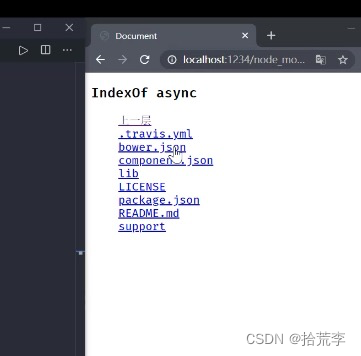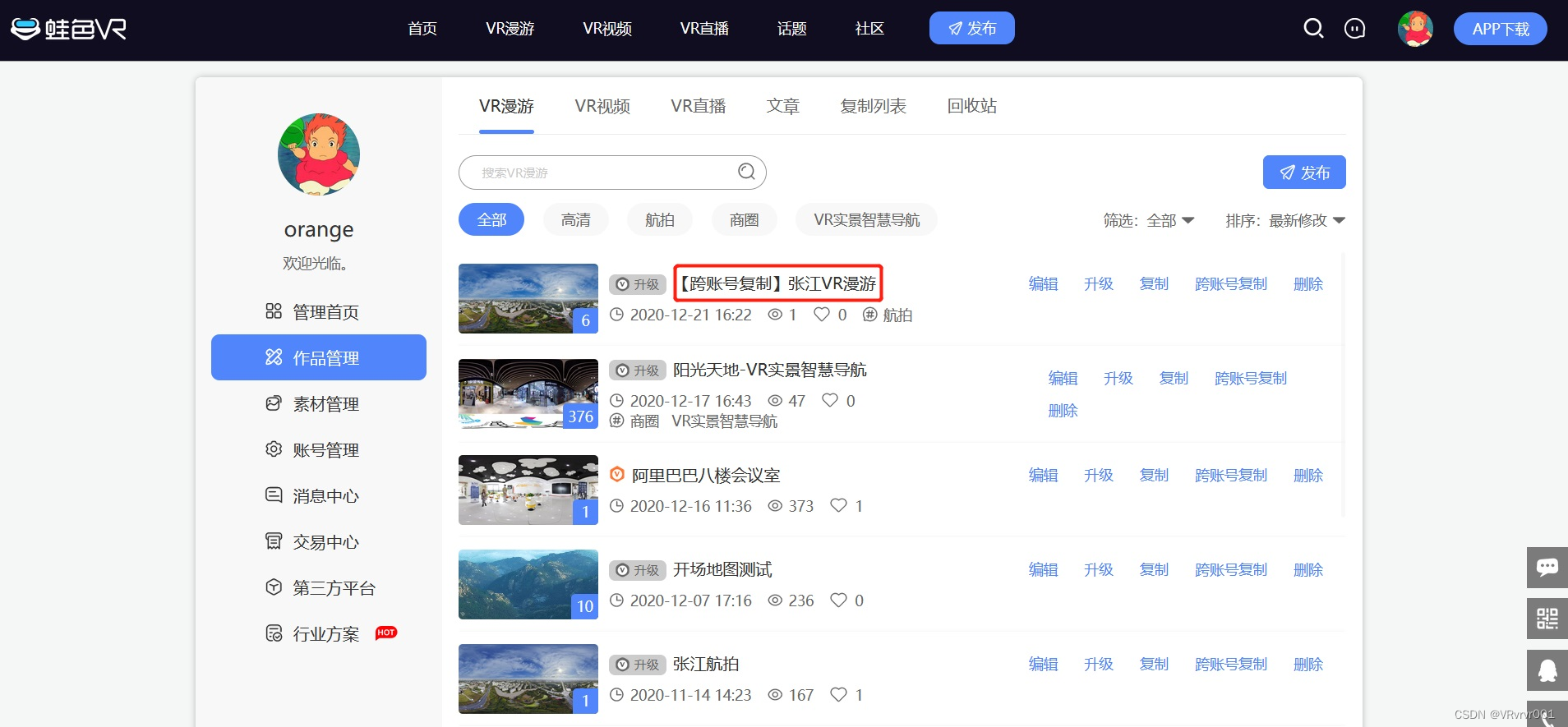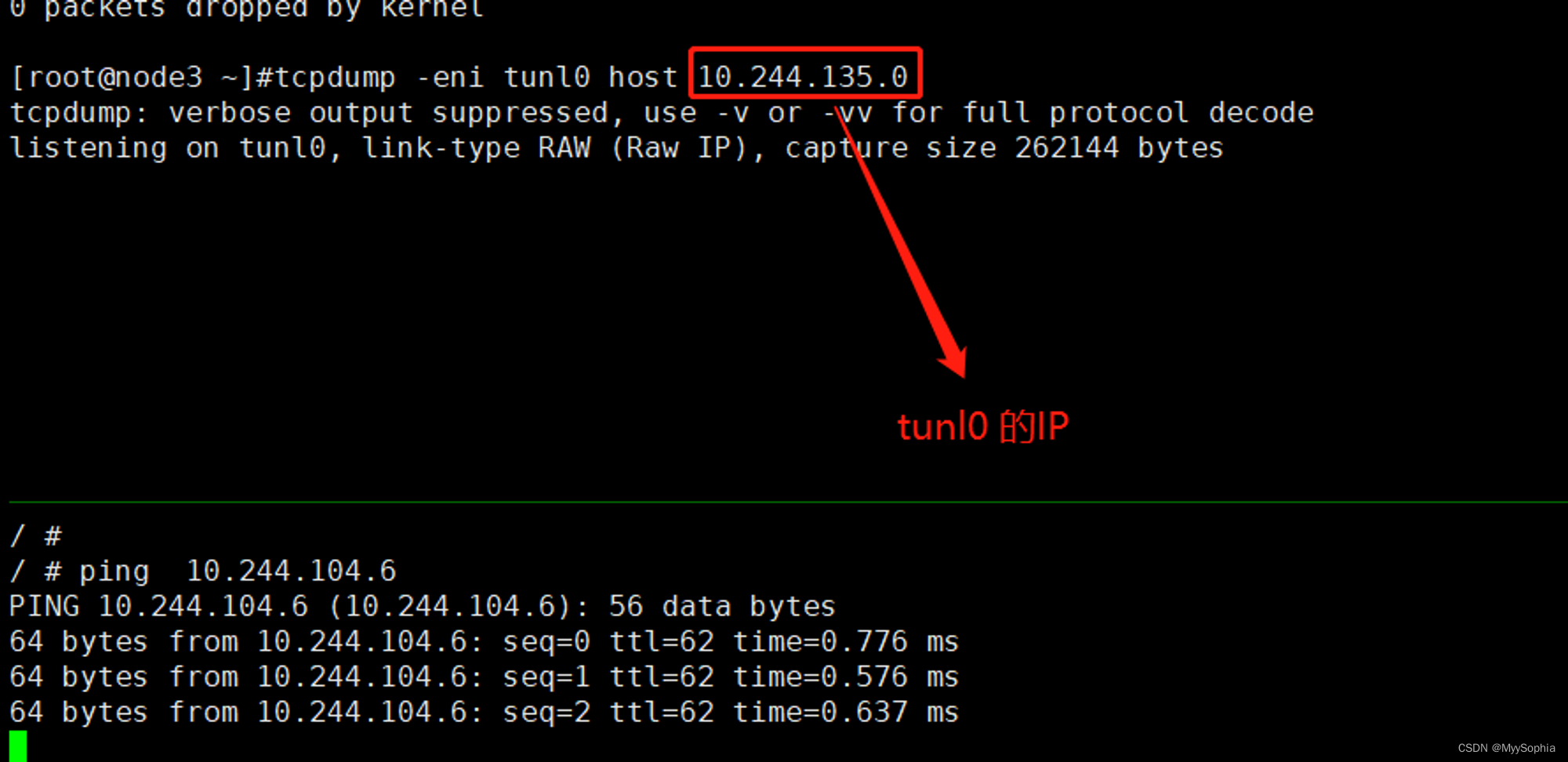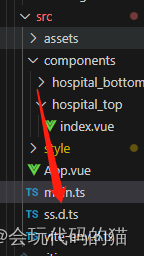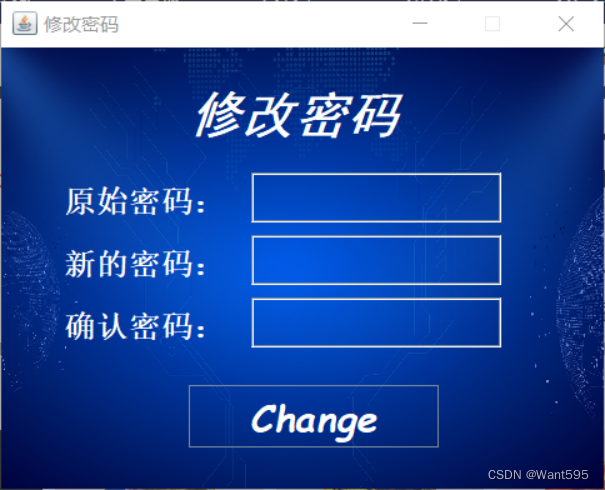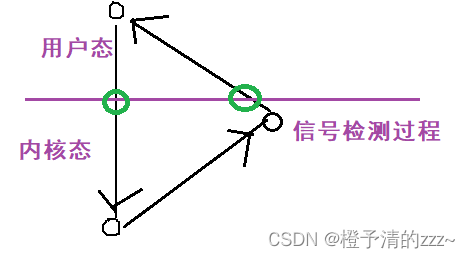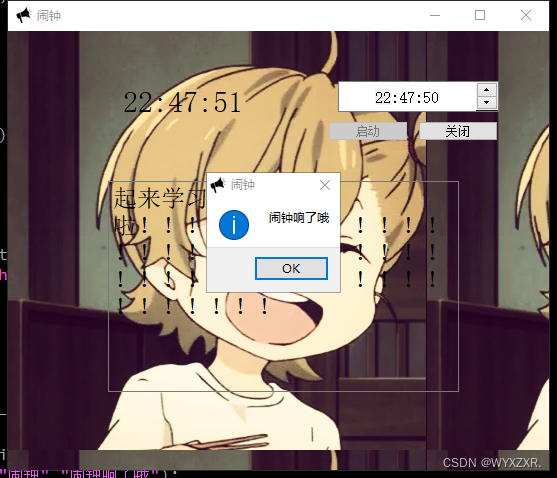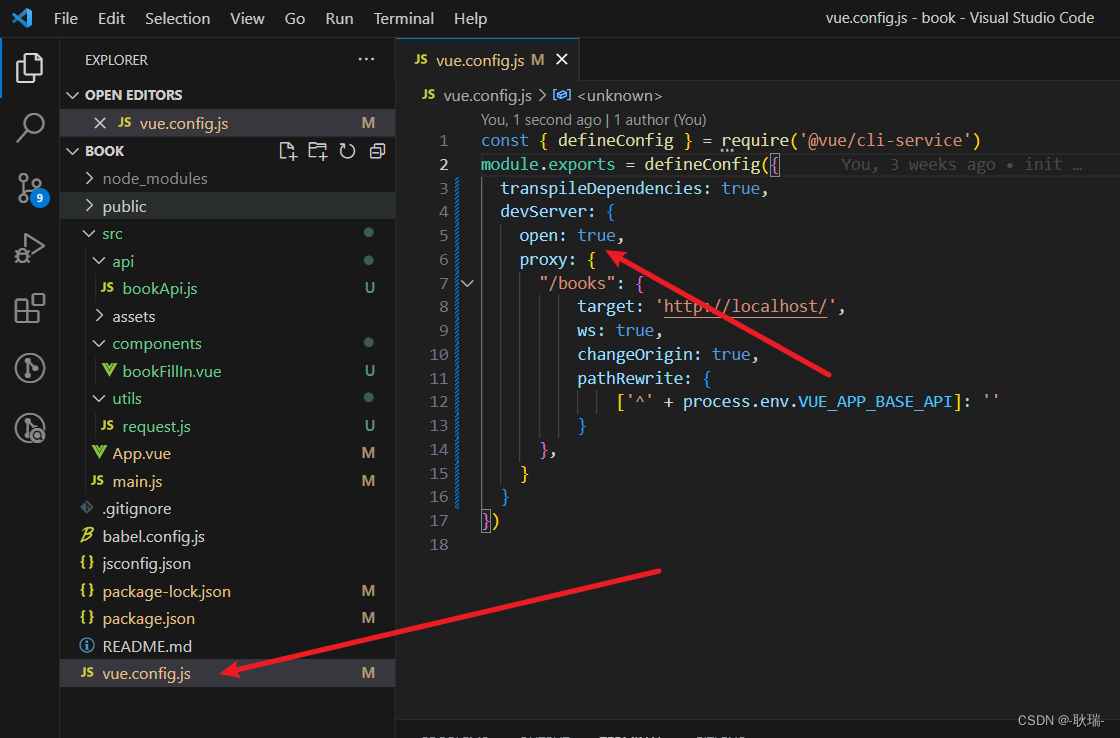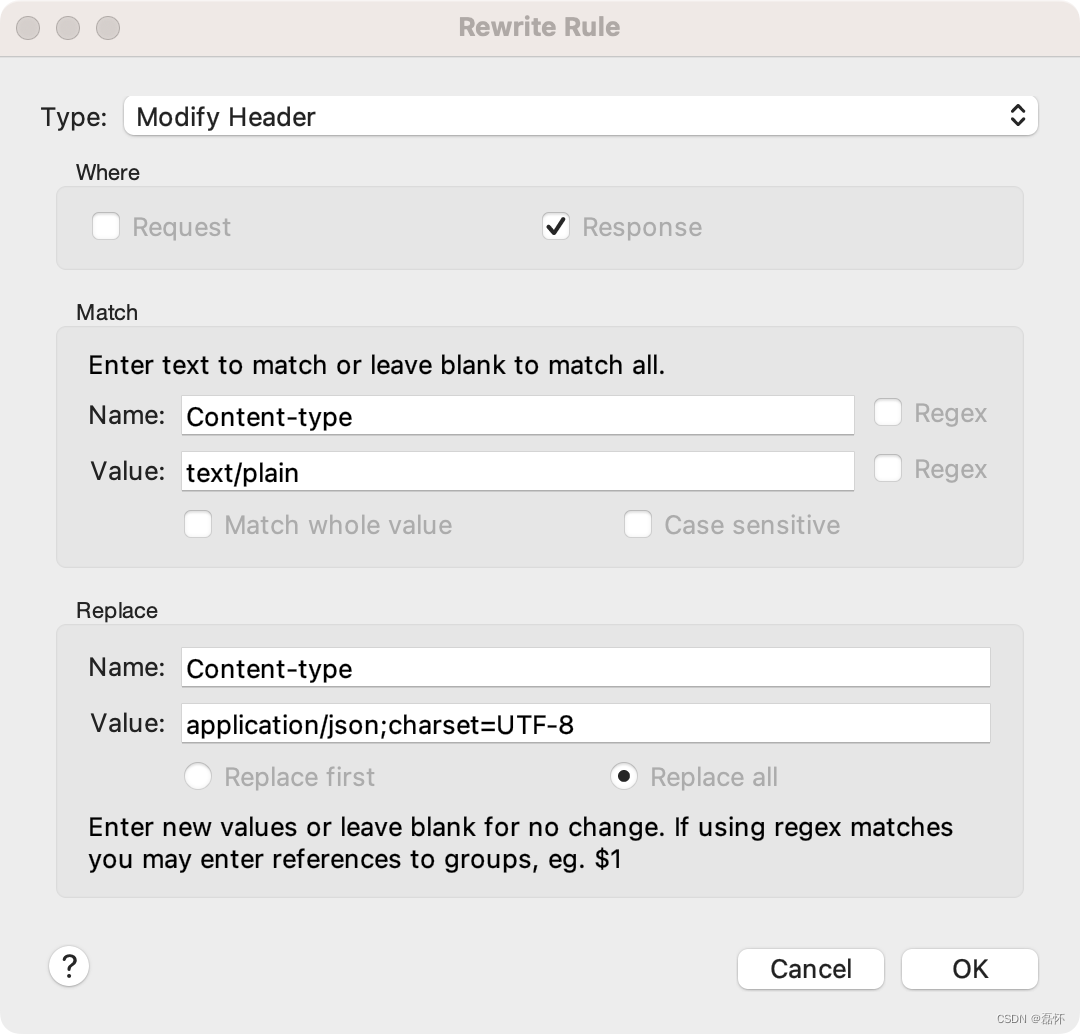我们平时会在android里面写个bin程序来干点活,但是有时候我们会发现很奇怪的现象,我明明很早就启动这个bin了,但是过了很久bin程序的main函数才被调用~。这个是为啥呢?主要有2个原因:
一.bin程序依赖的so库太多,或者bin依赖的so库所依赖的so库非常多。典型的例子就是SystemServer中加载libandroid_servers.so的处理,一般都要消耗200ms左右(如果是x1的大核心跑,可能会快很多)。
二.bin程序中有很多全局变量或者静态变量,他们的初始化比较耗时。
我们这里暂时先介绍第二种类型。首先先上一个简单代码:
extern void doSayHello();
int main() {
printf("main trace1 \n");
doSayHello();
return 0;
}
这里你会发现,执行bin以后过一段很久才会打印“main trace1”,从代码来看,打印log前没有耗时处理,我们看一下doSayhello()的代码:
#include <stdio.h>
#include "abc2.hpp"
void doSayHello() {
printf("sayhello \n");
}我们留意一下,doSayHello()上面有一个“abc2.hpp”的头文件,我们看一下这个头文件
class MyHeader {
public:
MyHeader() {
printf("myheader trace1 \n");
usleep(1000*100);
printf("myheader trace2 \n");
}
void say() {
printf("myheader sayhello \n");
}
};
MyHeader header;好吧,我们发现这个头文件里面有一个全局变量header,它的构造函数非常耗时(我们用usleep来模拟耗时操作)。所以当你运行bin程序的时候,它在构造header这个全局变量的时候卡住了。我们再来看一下log,和我们的猜想差不多,哈哈。
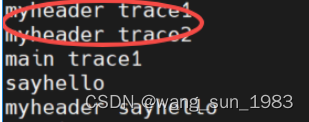
那接下来就该想个方法来优化了,怎么才能把这个耗时的全局成员变量初始化放到mian函数执行之后呢(如果能放到main函数之后执行,那就意味着多线程就能加载就能用起来了)?我们这个时候就需要用到dlopen/dlsym,运行时加载~~~,不在使用extern或者头文件方式引用接口函数。代码如下:
int main() {
printf("main trace1 \n");
//doSayHello();
auto dlhandler = dlopen("./abc2.so",RTLD_GLOBAL | RTLD_NOW);
if(dlhandler == nullptr) {
printf("handler is nullptr \n");
} else {
printf("handler is not nullptr \n");
}
char *error = NULL;
sayfunc func = (sayfunc)dlsym(dlhandler,"doSayHello");
if(func == nullptr) {
if ((error = dlerror()) != NULL) {
fprintf (stderr, "%s ", error);
exit(1);
}
}
printf("main trace1_1 \n");
printf("func is %lx \n",func);
func();
printf("main trace2 \n");
return 0;
}这样的代码效果如下:
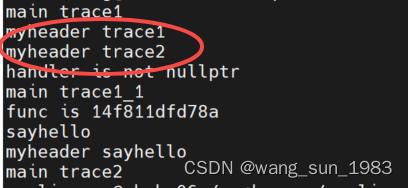
我们可以看到,全局变量的加载已经在main函数调用之后运行了。所以如果这个时候我们再使用一个多线程去做dlopen,是不是就能完美的优化整个bin的启动时间啦?啊哈哈。


